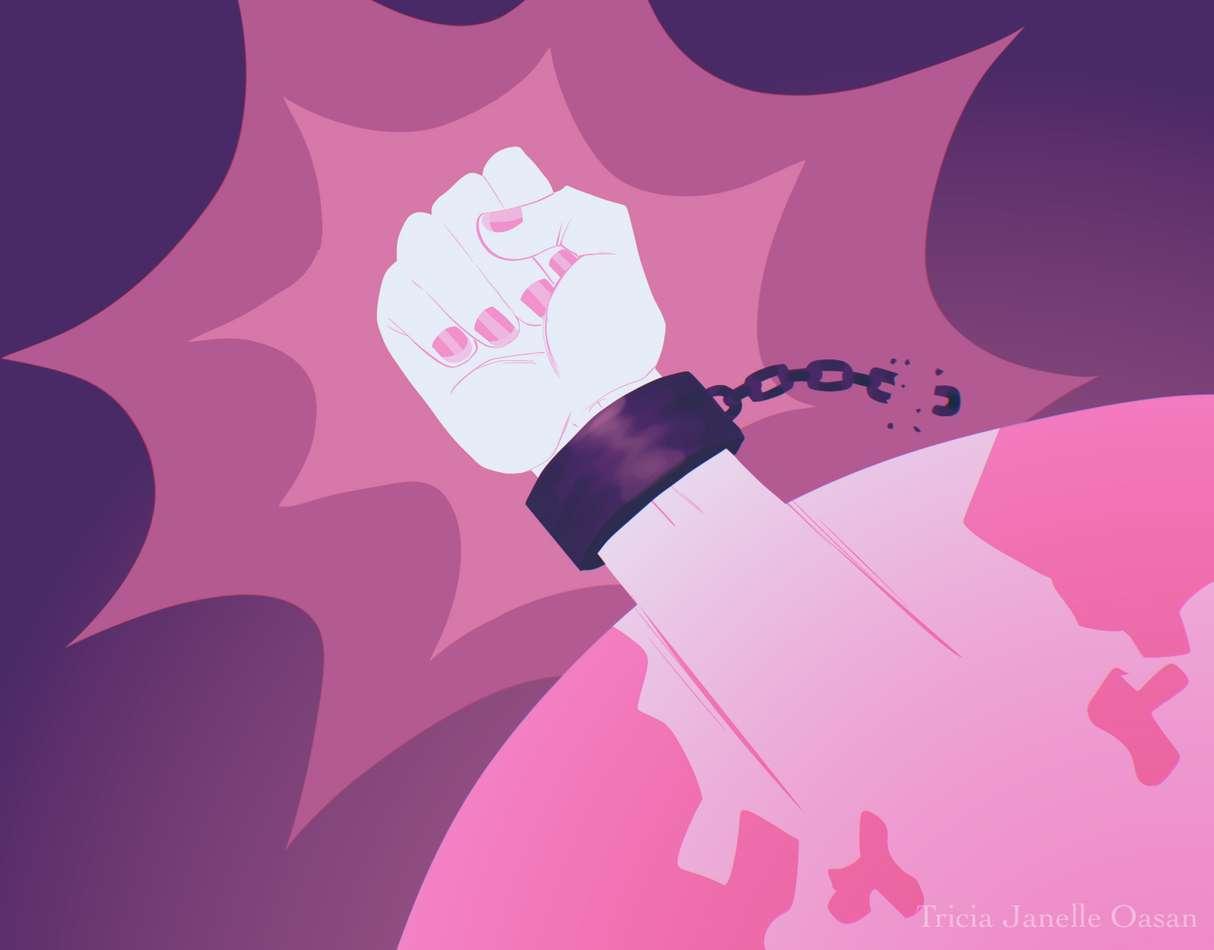
2 minute read
December 1, 2022 the world commemorated World AIDS Day with the theme, “Putting Ourselves to the Test: Achieving Equity to End HIV.”
As per the World Health Organization (2022), the progress in HIV/AIDS prevention is quite alarming since the numbers have not improved as much as they were expecting it to improve. The WHO calls out all global leaders and citizens to boldly recognize and address the inequalities holding back the progress in ending AIDS; and equalize access to essential HIV services, particularly for children and key populations and their constituents.
The world has been fighting against AIDS for quite some time already, and we only have eight remaining years before the 2030 goal of the United Nations to end AIDS as a universal health threat. Most inequalities preventing people from accessing health care and HIV/AIDS prevention must already be addressed since this is supposed to be eyed as an urgent matter. Indeed, the end of AIDS can only be achieved if everyone has a discourse about the inequalities in HIV/AIDS prevention. Global leaders and health organizations must cooperate and act immediately with accountability, especially since many lives are at stake in this case.
Advertisement
On International Human Rights Day, the world stands at a crossroads–celebrating the progress that has been made in protecting and promoting human rights This year's theme, "Recovering Better: Stand Up for Human Rights," highlights the need for a human rights-based approach to the COVID-19 pandemic and its aftermath. The pandemic has exposed and exacerbated preexisting inequalities and discrimination, and governments must ensure that their response and recovery efforts prioritize the human rights of all people, particularly those who are most vulnerable
Thus, around the world, organizations, governments, and individuals came together to raise awareness about human rights violations and advocate for change
In the United States, President Joe Biden issued a statement recognizing the importance of human rights and pledging his administration's commitment to promoting and protecting them. He highlighted the need to address systemic racism, promote LGBTQ+ rights, and support workers' rights
In Europe, several countries held events to mark the occasion, with many focusing on the ongoing refugee crisis In Germany, the government organized a conference to discuss the impact of the pandemic on refugees and asylum-seekers, while in France, activists organized a demonstration in support of refugee rights
In Africa, many countries used the day to raise awareness about issues such as child marriage and female genital mutilation In Nigeria, for example, the government organized a public awareness campaign on child marriage, while in Egypt, activists held a rally to protest against the practice of female genital mutilation.
In Asia, events were held in several countries to raise awareness about the impact of the pandemic on marginalized communities. In India, for example, the government organized a virtual conference to discuss the impact of COVID-19 on the LGBTQ+ community, while in Thailand, activists held a rally to demand better healthcare for people living with HIV/AIDS
In Latin America, several countries used the day to call attention to the ongoing crisis in Venezuela, where political instability, economic collapse, and human rights abuses have led to a humanitarian crisis. In Colombia, for example, activists organized a rally to demand that the government do more to support Venezuelan refugees and asylum-seekers
Despite the challenges of the past year, many organizations and individuals have continued to work tirelessly to promote and protect human rights. From fighting against police brutality in the United States to advocating for the rights of refugees in Europe, people around the world are coming together to make a difference
Indeed, governments, civil society, and individuals all have a role to play in advancing human rights Individuals must continue to speak out against abuses and discrimination, hold governments accountable for their actions, and support those who are fighting for their rights.
As the world faces multiple crises, including the pandemic, climate change, and economic inequality, it is more important than ever to ensure that human rights are at the forefront of everyone's response Individuals cannot recover from these crises without addressing the structural inequalities and injustices that underlie them.
















